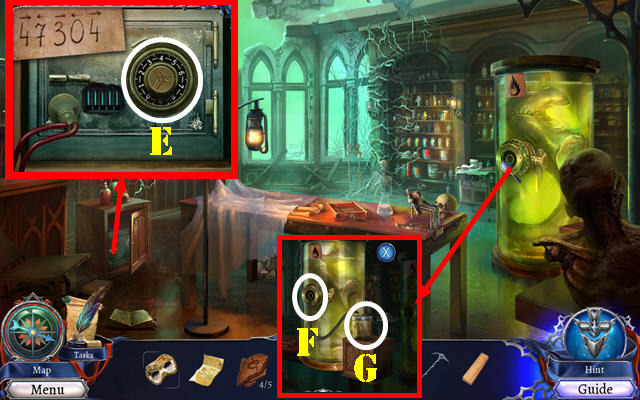Othello 1995

Those are the human emotional engines that drive Shakespeare's play and that have made it so powerful for so many different audiences for so many years. They are at risk in any modern production, where the fact that Othello is black and Desdemona white is likely to cast a longer shadow than it did in Shakespeare's time.
Especially just at this moment of the film's 1995 release, with the fates of O. J. and Nicole Simpson projected like a scrim on top of the screen, it is difficult to free the play to do its work. To some degree, any modern production must make Iago the villain and Othello the victim, and suffer as a result.
Othello (1995). Score: 4.5 / 5. Easily the steamiest film adaptation of Shakespeare's work - and that of his steamiest play, no less - Oliver.
But this production of 'Othello' need not have suffered so much. Adapted and directed by Oliver Parker and starring Laurence Fishburne, Kenneth Branagh and Irene Jacob (as Othello, Iago and Desdemona), the film gives us a distant, brooding Moor who seems to have had his tragic fall almost before the play begins, and an Iago who seems more interested in seducing Roderigo, Desdemona's former suitor, than in destroying Othello. In enlisting Roderigo (Michael Maloney) to his conspiracy, Branagh as Iago sets a tone and uses body language that reads as homosexual; he seems to be in a play of his own.
That is not to say Branagh's Iago is badly done; he is the best thing in the movie. But he makes Iago curiously distant from the main line of the action. Iago is in love with conspiracy and his co-conspirators, and destroys Othello as a by-product of his obsession. And Othello, as played by Fishburne, never seems the truly happy husband and triumphant general the play initially requires, but seems even in early scenes to be somehow aware of his destiny. Later in the film, his character consumed by jealousy, Fishburne makes interesting physical choices, as when his head is so filled with images of adultery that it cannot remain still, and twists restlessly.
Those are the human emotional engines that drive Shakespeare's play and that have made it so powerful for so many different audiences for so many years. They are at risk in any modern production, where the fact that Othello is black and Desdemona white is likely to cast a longer shadow than it did in Shakespeare's time.
Especially just at this moment of the film's 1995 release, with the fates of O. J. and Nicole Simpson projected like a scrim on top of the screen, it is difficult to free the play to do its work. To some degree, any modern production must make Iago the villain and Othello the victim, and suffer as a result.
But this production of 'Othello' need not have suffered so much. Adapted and directed by Oliver Parker and starring Laurence Fishburne, Kenneth Branagh and Irene Jacob (as Othello, Iago and Desdemona), the film gives us a distant, brooding Moor who seems to have had his tragic fall almost before the play begins, and an Iago who seems more interested in seducing Roderigo, Desdemona's former suitor, than in destroying Othello. In enlisting Roderigo (Michael Maloney) to his conspiracy, Branagh as Iago sets a tone and uses body language that reads as homosexual; he seems to be in a play of his own.
That is not to say Branagh's Iago is badly done; he is the best thing in the movie. But he makes Iago curiously distant from the main line of the action. Iago is in love with conspiracy and his co-conspirators, and destroys Othello as a by-product of his obsession. And Othello, as played by Fishburne, never seems the truly happy husband and triumphant general the play initially requires, but seems even in early scenes to be somehow aware of his destiny. Later in the film, his character consumed by jealousy, Fishburne makes interesting physical choices, as when his head is so filled with images of adultery that it cannot remain still, and twists restlessly.
Felix wanted to pick his own opportunity to respond to the gospel, ignoring the opportunity of the present. 
